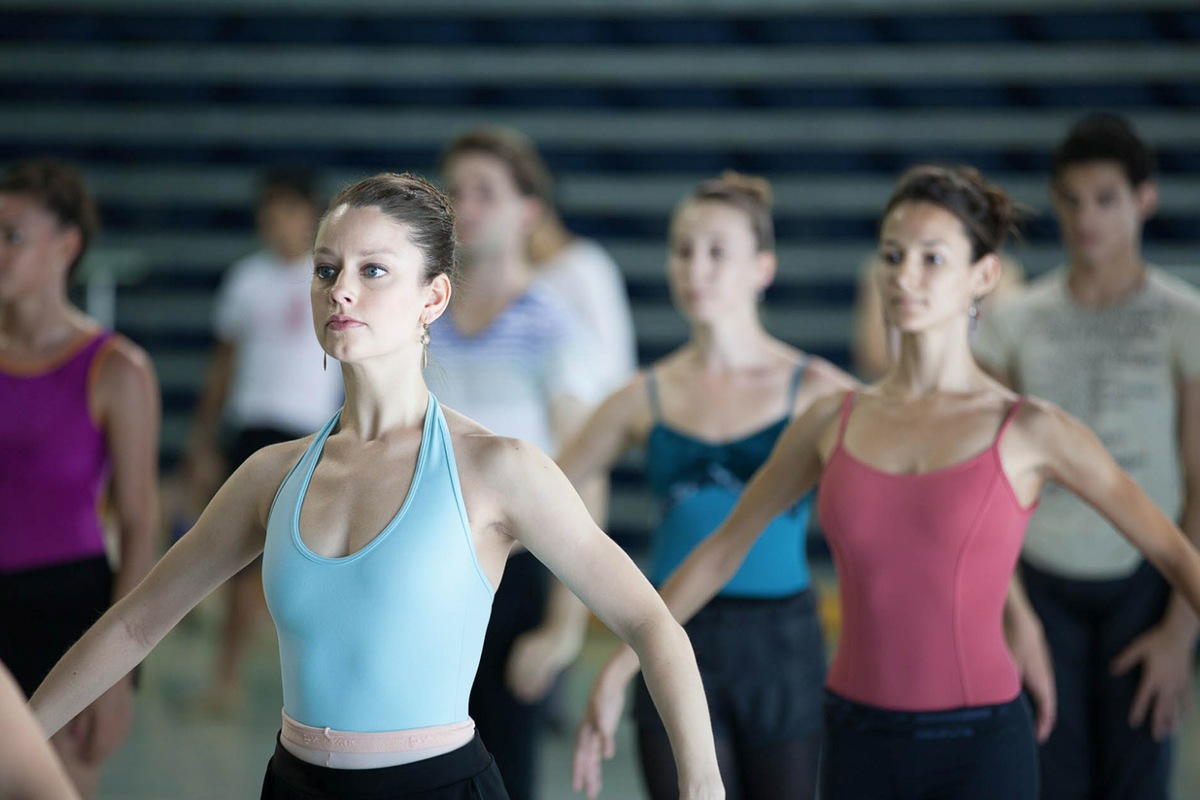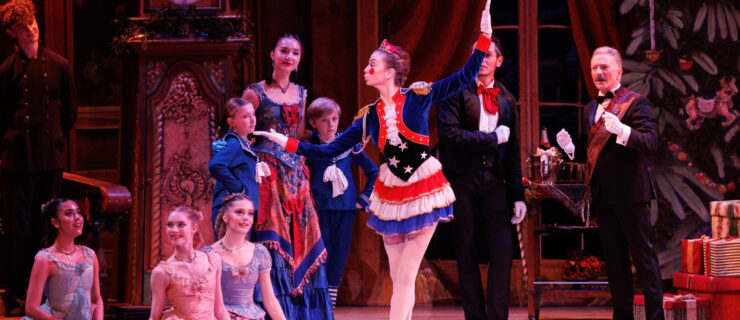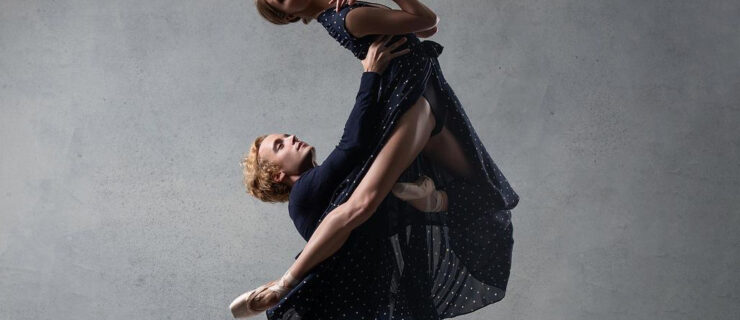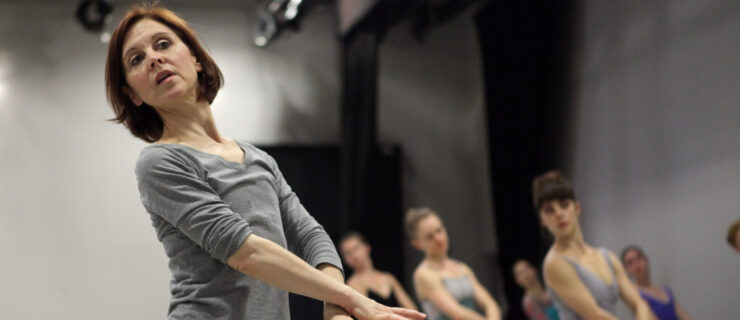First-Year Fumbles: 4 Mistakes to Avoid When You're New in the Corps
This story originally appeared in the August/September 2014 issue of
Pointe.
During my years as a principal with San Francisco Ballet and Pennsylvania Ballet, it made me cringe if new corps members pulled out their phones to text or tweet. It felt unprofessional in the middle of class, but it was especially disrespectful during rehearsal, even if they weren’t involved in the scene being danced.
Something like checking your phone in the studio may not seem like a big deal, but small mistakes like these add up. If you’re not careful, you could offend other dancers, or worse, send the wrong message to the artistic staff. The transition from star student to new corps member can be difficult to navigate, but don’t start off your first year with an unprofessional impression. Even little things could jeopardize your success.
Mistake 1: Disrespecting Other Dancers
Showing respect for older and higher-ranking dancers begins the minute you walk into the studio. It’s important to give others their space. Skylar Campbell, a second soloist with the National Ballet of Canada, suggests arriving early on your first day and asking a friend, or a friendly-looking colleague, to point out any unclaimed barre spots. Once you get to the center, allow older company members to dance first and wait until the last group to go across the floor.
These unwritten rules don’t mean you can never interact with dancers above your rank. But Campbell says it’s best to feel out the situation and allow them to acknowledge you first. “When older dancers put the hierarchy out of the picture, there’s no problem with being friendly,” he says. It’s okay to go to them for advice, especially when you’re cast, partnering or sharing a role with them. Timing is important, though: Wait for a break or until rehearsal is over to ask for a little guidance. Most dancers will be flattered and more than willing to help, says Campbell. “Don’t let intimidation prevent you from asking questions.”
Mistake 2: Throwing Away Small Roles
Most dancers dread the classic peasant corps roles where they’re stuck in the back of a village scene holding a flower basket. These parts may seem unimportant, but there isn’t a moment when you’re not being watched by the audience, critics or artistic staff. It’s a chance for young dancers to prove their professionalism and artistic maturity. “We all have to put our time in and do some roles that we don’t exactly dream of doing,” says Miami City Ballet soloist Jennifer Lauren. “Give it 100 percent and people will notice.”
Spend as much thought preparing for your role as you would a principal part. Make up a name, background and storyline for your character. Are you on your way to the market to buy apples? Are you going to visit a friend? Invest yourself fully in the part without overacting and distracting from the scene. Know exactly where the audience’s attention should be focused at all times and think of your dancing in terms of the principal’s movement dynamics: If Giselle is having a quiet moment, yours should be even quieter.
Mistake 3: Not Presenting Your Best Self—All Year Long
New company dancers often start the year with a professional look and demeanor. But as the season grinds on and the schedule becomes more grueling, it can be easy to slack on presentation. You don’t have to wear pink tights every day, but dress in a way that flatters your line and reflects thoughtful preparation. Use common sense: If you’re doing a lot of partnering, avoid baggy clothes. If you’re rehearsing Act II of Swan Lake, leave the bell-bottomed legwarmers in your bag.
Making a lasting impression isn’t just about your appearance; it’s also about your mental preparation. For instance, you should take a peek at videos of a work being set—or if it’s a new creation, other works by the choreographer—before rehearsal starts. If you don’t walk into the studio with some background, you’re already behind. Quick learners often get thrown into new roles over those who fumble the steps.
Mistake 4: Slacking Off in Company Class
The way you present yourself in company class sends a strong message about your long-term professionalism and work ethic. Don’t look at class as solely a time to prepare for rehearsal; see it as an opportunity to show your technique and desire to grow. Arrive early to warm up, watch closely as others dance and examine your technical and artistic weaknesses. “It plays a big part in getting noticed,” says Campbell, who adds that young dancers are often frustrated by the lack of attention they get in company class versus feedback they received while training. “A lot of dancers get lost because they don’t rely on self-motivation to further their career.” A mature attitude signals to directors that you’re ready to take on more work, says Lauren. “You can go months without anything being said to you, no compliments or corrections. But they’re always watching.”





